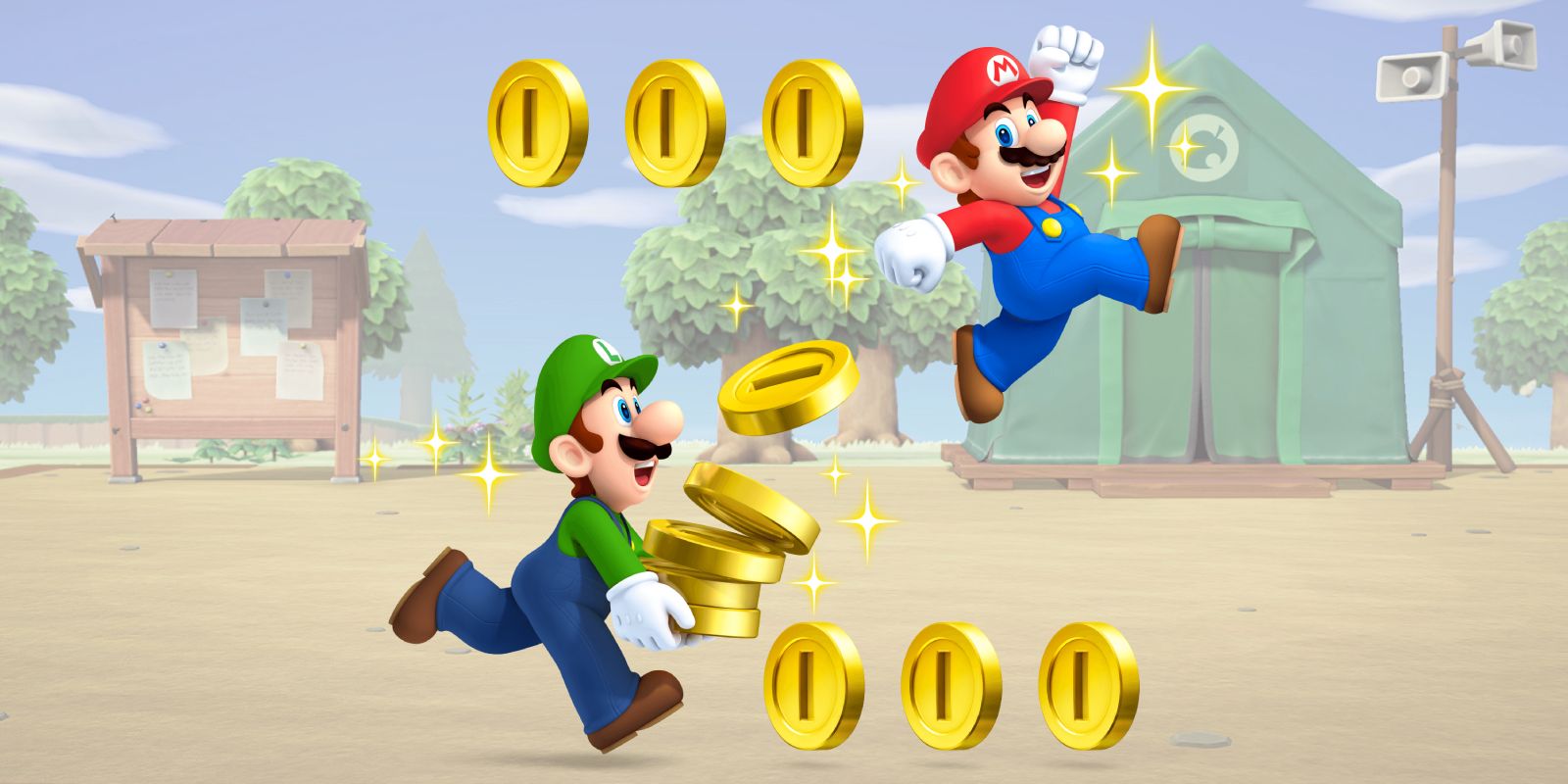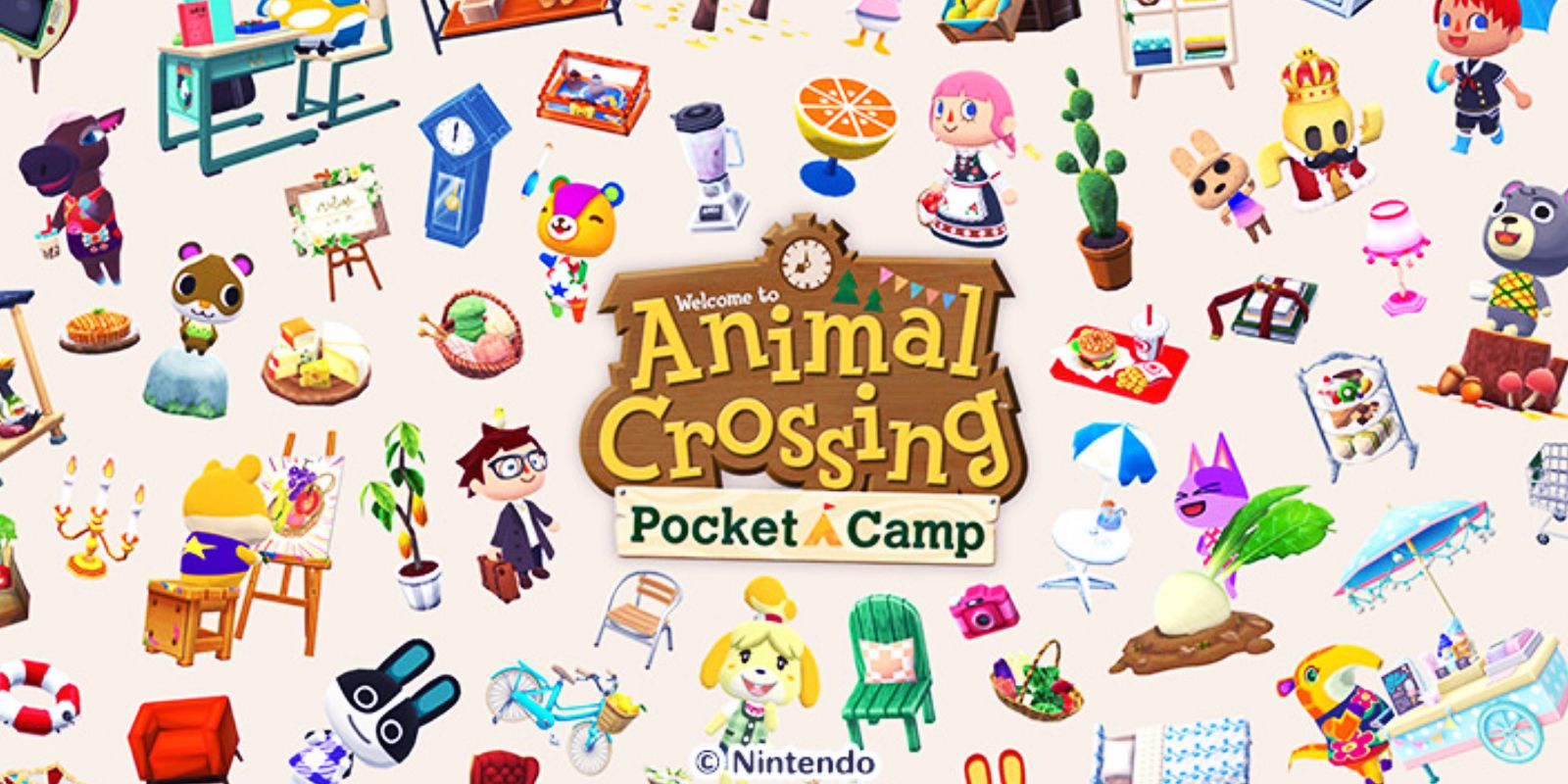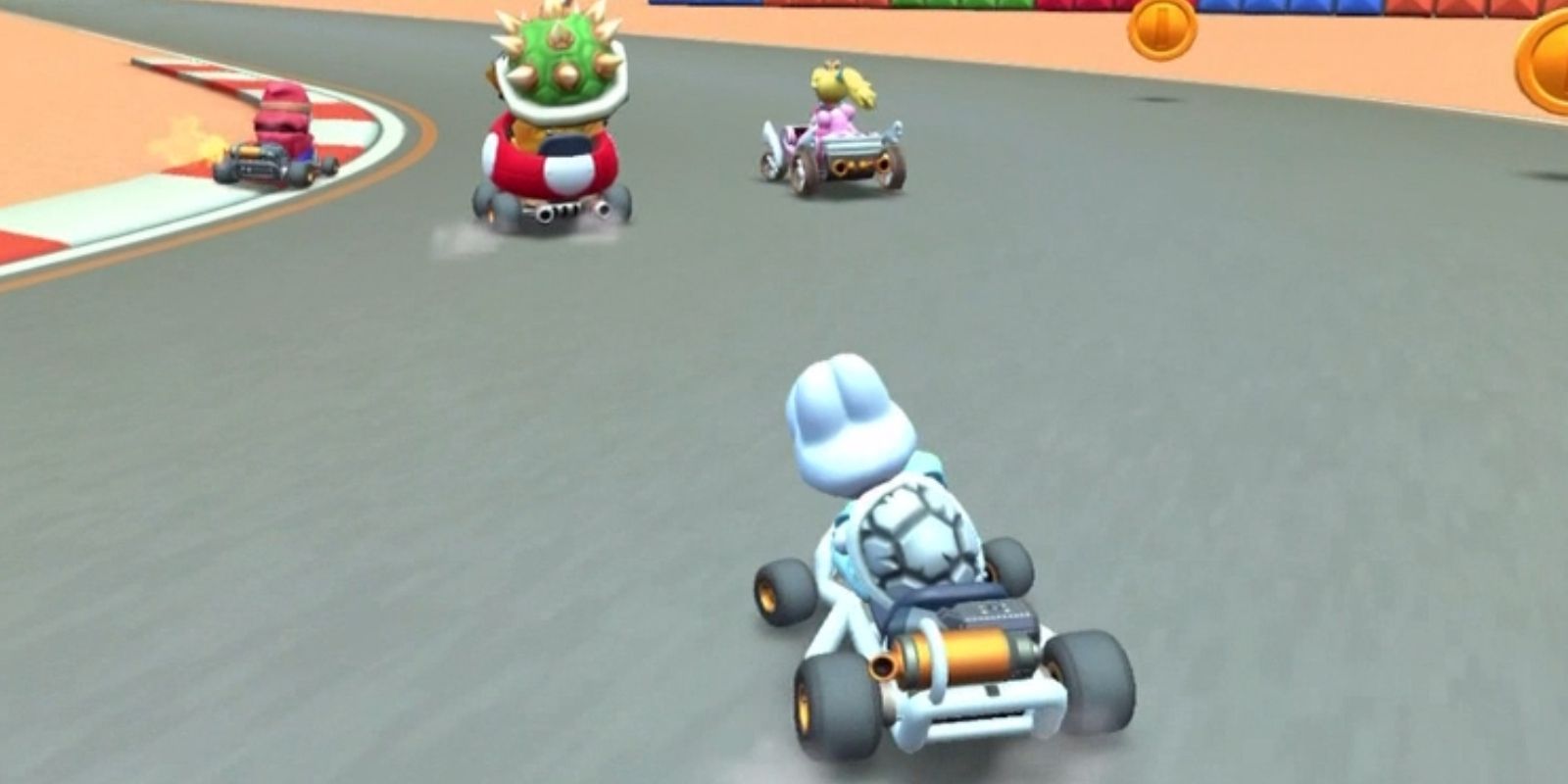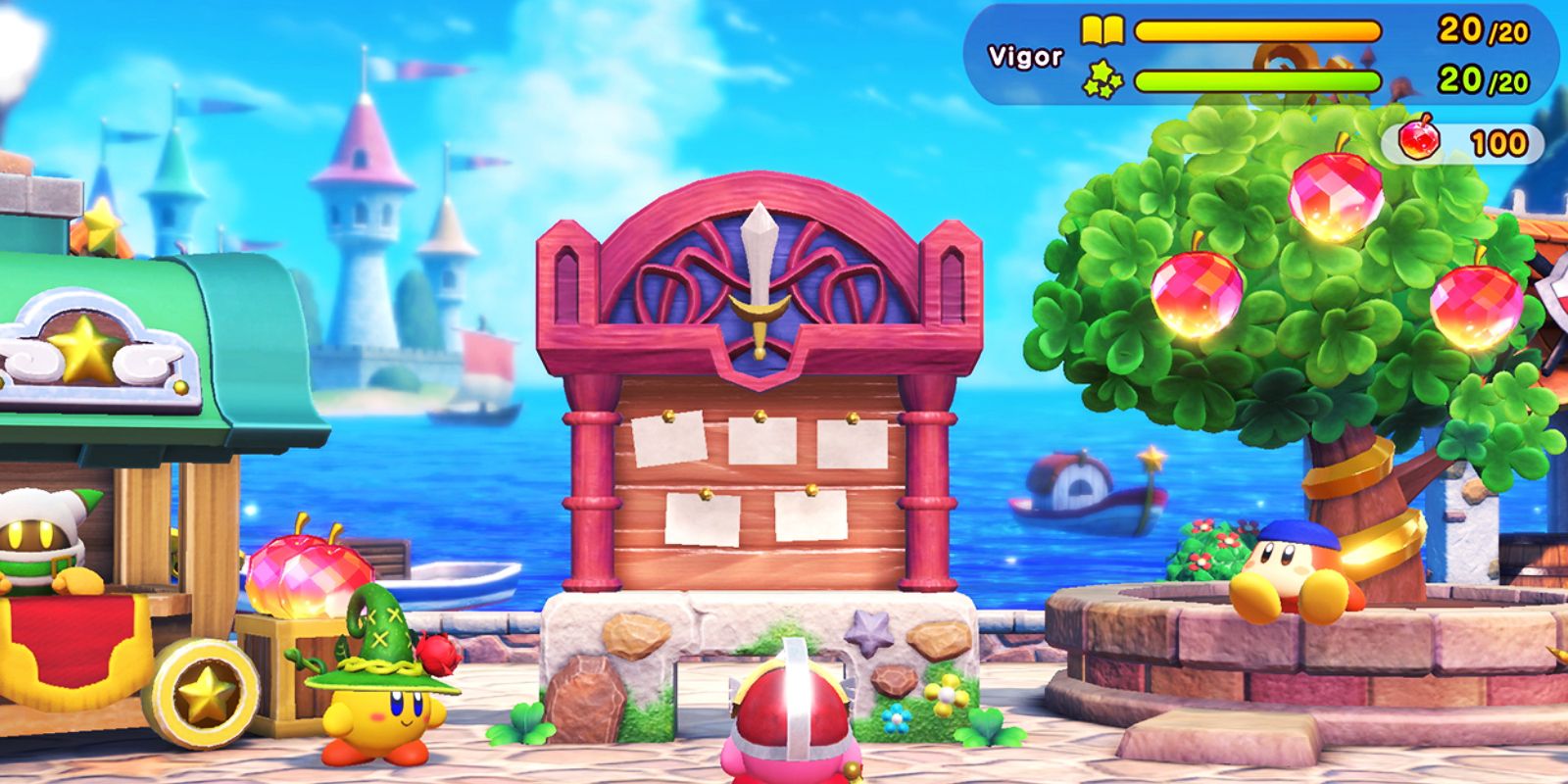Microtransactions have swept the gaming world with increasing frequency, particularly within the realm of mobile games, where it seems almost impossible to avoid. Nintendo games are no exception. The company has taken up the monetization model many times, and just about all of Nintendo's mobile game releases have seen some form of microtransaction. The trend isn't exclusive to mobile platforms, however, and many Nintendo fans are concerned that future mainline releases from the company will take up the payment method.
Paid DLCs and expansion passes have become more common in Nintendo games as of late, as well, with Super Smash Bros. Ultimate receiving two Fighters Pass rosters to add new characters into the game. The Legend of Zelda: Breath of the Wild also included DLC following its release. There have recently been rumors that Animal Crossing: New Horizons could see an expansion pass, with players needing to pay to expand their island - but thus far, this is unconfirmed. However, while the majority of fans are willing to pay for DLC to get a significant amount of new content into the game, most are less forgiving of microtransactions, the presence of which hinders the experience of an otherwise free-to-play game in the eyes of many players.
Super Mario Run was Nintendo's first major mobile success, although it's worth noting that the title didn't feature microtransactions. Instead, it offered a free trial with a full purchasable game priced at $10. Since then, however, Nintendo's mobile releases have leaned more towards gradual monetization. Miitomo offered customization options to players for real-world money. Fire Emblem Heroes and Dr. Mario World both utilize microtransactions to bypass timers and unlock characters. This gacha system has been generally criticized by fans, who feel that it resembles a predatory cash-grab - however, Nintendo also utilized microtransactions in their more recent mobile RPG, Dragalia Lost. The studio has even co-published a few games with microtransactions: Pokémon Café Mix, Pokémon Quest, and Pokémon Shuffle all include them. Despite the many examples of Nintendo's history with microtransactions, however, a few titles stand out when it comes to this topic - either because of their popularity upon release, the controversy they spawned from fans, or their notability in the context of Nintendo's game projects.
Animal Crossing: Pocket Camp
A monthly paid subscription service was introduced to Animal Crossing: Pocket Camp some time after its release, but it wasn't the game's first descent into the realm of monetization. Microtransactions were available from the beginning at the game's launch and may have had something to do with its rapidly dwindling success.
Mario Kart Tour
Similarly to the subscription model featured in Animal Crossing: Pocket Camp, Mario Kart Tour includes a Gold Pass that players can pay for monthly. This unlocks the game's 200cc class, along with a small handful of other features. While the price for the pass is relatively low, it also doesn't add a significant amount into the game.
Super Kirby Clash
Unlike the other titles mentioned, Super Kirby Clash is not a mobile game, instead releasing on the Nintendo Switch. The game is free-to-start, but features a premium currency that can be purchased with real-world money. This isn't the only console game from Nintendo to include microtransactions, however - Nintendo Badge Arcade, released for the 3DS, featured them as well. It remains to be seen whether the practice of monetization in console titles will become a continued pattern in future Nintendo releases.




